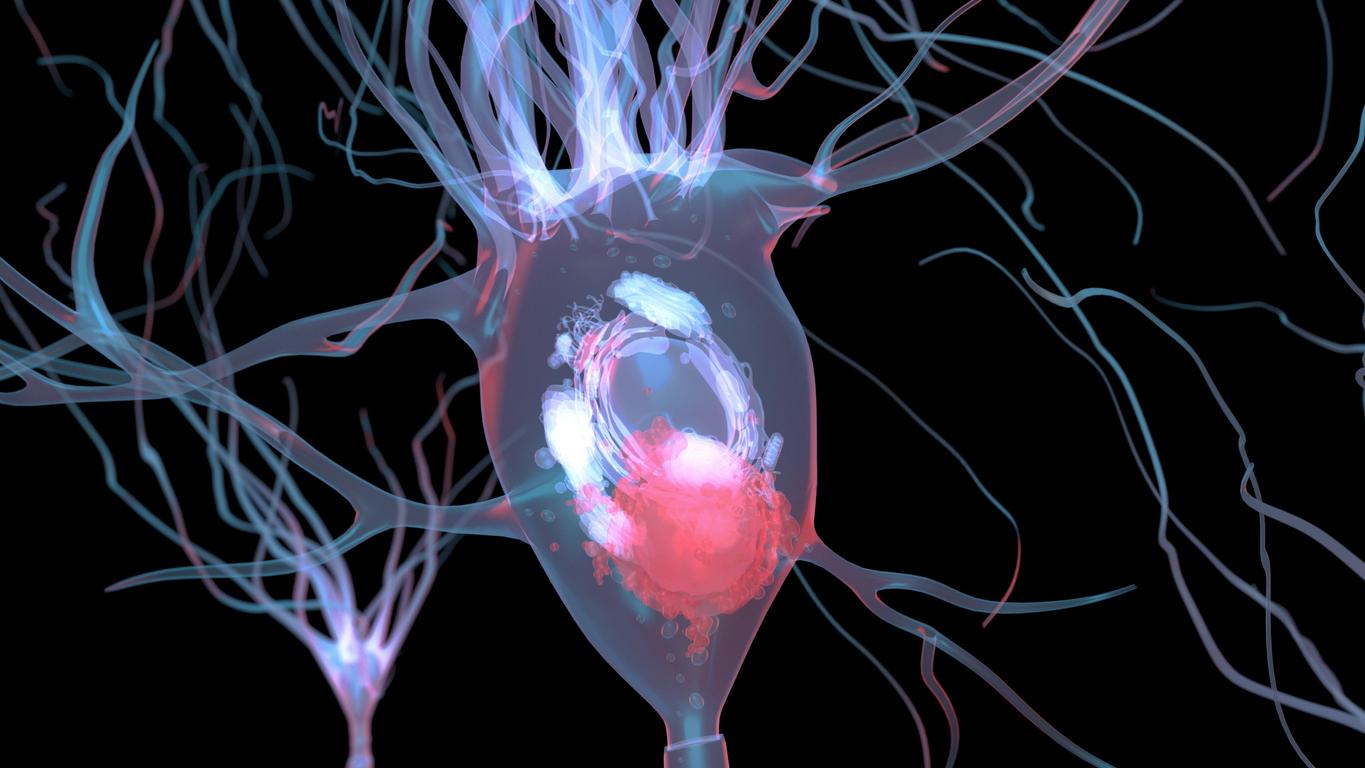Parkinson’s disease is treated well but the drugs have serious side effects, others are out of stock. Thus, 30% of patients have already interrupted their care.

- 400 patients have already had a break in care out of the 1,119 questioned by France Parkinson
- 20% of patients on dopamine agonists suffer from severe side effects
- The Mantadix has been out of stock for 2 years
Too heavy side effects, hospitalization, out of stock… One in three Parkinson’s patients has already experienced a breakdown in care, according to a survey carried out by the France Parkinson association. On the occasion of the World Day dedicated to this disease, which is held on April 11, Why actor looked at the reasons for these treatment interruptions.
“A fragile therapeutic balance”
Parkinson’s disease is the first neurodegenerative disease to benefit from treatment. But certain drugs, in particular dopamine agonists, are accompanied by serious side effects, among which, addictions (gambling, sex, money…) which are regularly in the news. Most of the time, treatments reduce the presence of symptoms. But in 20% of patients, side effects disturb life. Even if on the whole the patients are rather observant, some regularly stop taking their treatment.
Prof. Philippe Damier, neurologist at Nantes University Hospital (Loire-Atlantique): “The treatments are not always easy to manage. There may be delays in taking, omissions, added takes … “

“All it takes is an accident”
The interruption of care, that is to say the interruption of treatment, is common in Parkinson’s patients. “These are patients who generally have a fairly fragile therapeutic balance,” recognizes Professor Philippe Damier. All it takes is a physical accident, an important psychic or social event to destabilize the disease. A survey carried out by the France Parkinson association in January-February 2015, among 1,119 patients, confirms this: one in three respondents has already stopped taking his or her medication. Monique Pizani has been ill herself since 1998. She has never been tempted to give up her treatment. But she knows several people who have taken the plunge.
Monique Pizani, President of the Orientation Council of France Parkinson: “The patient does not realize what this means for his relatives. Often, it is the spouse who says: we stop everything. “

“It’s embarrassing, it’s exhausting”
The breakdown in care is not always the fault of the patient. In 20% of cases, it results from an out-of-stock treatment. For example, this has been the case for two years with Mantadix (amantadine hydrochloride). Monique Pizani is therefore faced with a difficult situation. “I have to take two a day, one in the morning, one at noon,” she confides in Why actor. For a while, I deleted the noon one and ended up with dyskinesias (involuntary and uncontrolled movements, editor’s note). It means I have to wait to go out, because I don’t want everyone to look at me when I go shopping. It’s embarrassing, it’s grueling, and it’s not tolerable. “
Hospitalizations, whether or not related to the disease, are also regularly cited among the reasons for stopping treatment. The breakdown of care is not without consequences. Many patients report that their symptoms worsened after stopping their medication.
Prof. Philippe Damier : “There are different levels of severity: it can be transitory and get back to normal quite quickly. The consequences can be more serious and destabilize the patient for a long time. “
The secret to treatment that is as light as possible, for Monique Pizani, is a relationship based on trust and dialogue with her neurologist. “If you have confidence in him, and you have to because it’s a partnership that will last for years, you listen to what he tells you,” she says. Parkinson’s disease cannot be treated with randomly prescribed tablets. Each treatment is specific, and each PD patient has a different treatment, with different schedules. Only the neurologist will have the solution. “
.
















-1721998247.jpg)
